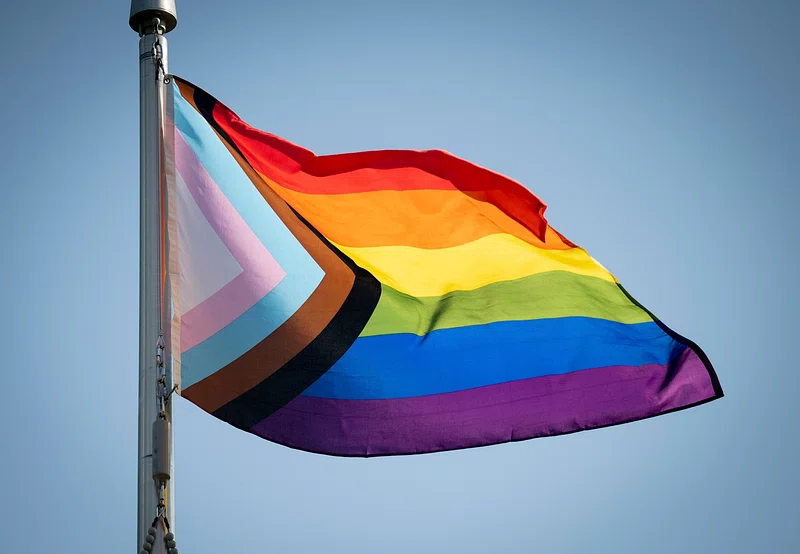By: Mekenna Earnhart
FAYETTEVILLE, Ark. (UATV) — Out in STEM, also known as OSTEM, is a registered student organization (RSO) for students who are part of the LGBTQ+ community and are STEM majors. STEM stands for science, technology, engineering, and mathematics. According to one study, fewer than sixty-four percent of STEM students who identify as sexual minorities remain in a STEM major after four years. Due to statistics like this, one transgender student, Jennie Tsai, decided to become an officer in OSTEM to help her with the challenges of navigating both her academic major and sexuality.
“There is just so much underlying tension being a queer person,” Tsai said. “The STEM field caters to a very specific demographic, and that demographic is not us. So we need to create our own spaces that do cater to us, and hopefully if we do that, we can create spaces that are more friendly and that will bleed into the rest of the field as a whole.”
Tsai said outside of her RSO one of her STEM professors has been a great help in encouraging her but that it does not get rid of the everyday scrutiny she faces because of her sexuality.
“He can’t stop the people from calling me slurs, he can’t stop the looks I get when I walk down campus, he can’t stop me from being the last one anyone sits next to in class,” said Tsai.
OSTEM offers a variety of resources beyond just providing a community. OSTEM helps LGBTQ+ students build their resumes, get interview practice, and connect their members with other sexual minorities who are already graduated and in the STEM field working.
Tsai said one of the most encouraging parts of OSTEM is seeing other members of the LGBTQ+ community thriving in her field of interest.
Erin Courtway, a woman in STEM, established her own business blending her sexual identity with her medical spa company. PRISM the name of her business refers to the triangular figure that, when reflecting light, makes a rainbow. In the aesthetics world, Erin Courtway is commonly known as “The Rainbow Injector,” with over eighteen thousand five hundred followers on social media where she shares her story as an LGBTQ+ business owner.
“I want to bring light into the aesthetics industry,” Courtway said. “I think it is really important for people to know you don’t have to be scared to be themselves or identify how they want to.”
Courtway said that throughout her years as a queer business owner she has noticed society becoming more accepting of her sexuality and that she is hopeful for the future.
“Times have changed a lot and progressed, thankfully, so it is not nearly as hard as it was in the beginning when I started to be openly queer and run a business,” said Courtway.
With aspirations similar to Courtway’s, when Tsai graduates, she said she is hoping to find acceptance in the same way Courtway says she has.
“Nobody is going to advocate for you in this field. You need to be able to advocate for yourself,” said Tsai.
After graduation, Tsai is hopeful in fulfilling her goal of becoming an industrial engineer.


